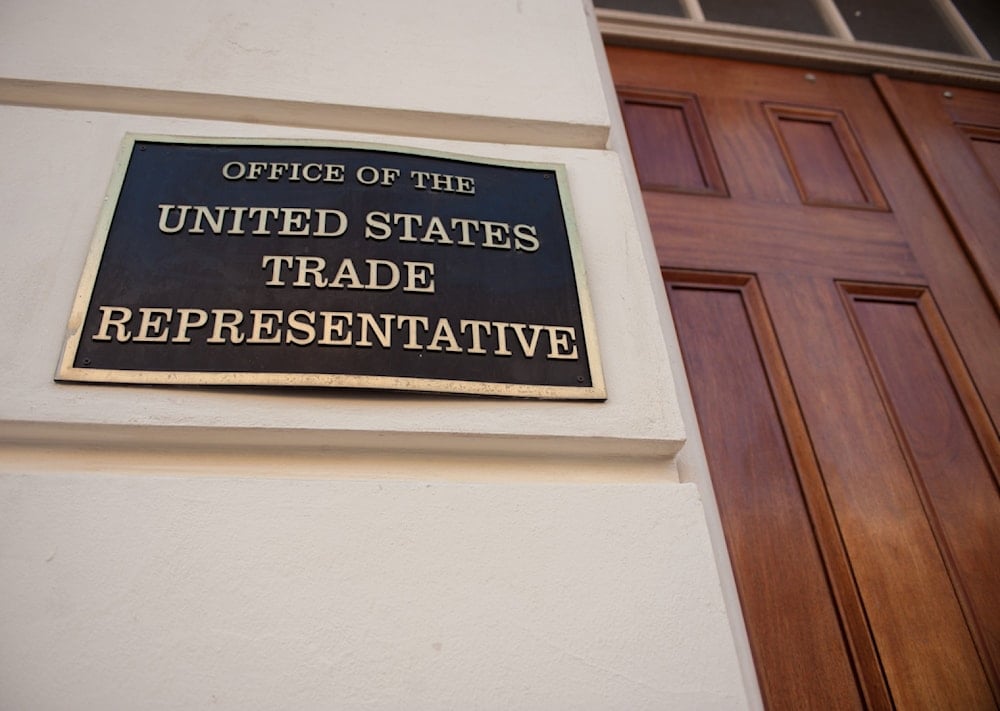US to impose 100% tariffs on Chinese EVs, 50% on solar cells: USTR
The US will also introduce 50% tariffs on semiconductors in 2025, along with a 25% tariff on certain critical minerals starting in 2024.
-

The office of the US Trade Representative (Agencies)
The US will implement 100% tariffs on Chinese electric vehicles, 50% on solar cells and semiconductors, and 25% on steel, aluminum, electric vehicle batteries, and key minerals, according to a statement from the Office of the US Trade Representative (USTR) on Friday.
"With respect to tariff increases, the President directed increases on the following products: … Electric vehicles – Increase rate to 100% in 2024, … Solar cells (whether or not assembled into modules) – Increase rate to 50% in 2024, …. Lithium-ion electrical vehicle batteries – Increase rate to 25% in 2024, …Steel and aluminum products – Increase rate to 25% in 2024," the USTR said in a notice in the Federal Register.
The US will also introduce 50% tariffs on semiconductors in 2025, along with a 25% tariff on certain critical minerals starting in 2024.
Read more: US tariff hike on China may destabilize global economy: Jeffrey Sachs
Global trade tensions with China have escalated due to the increasing competitiveness of Chinese electric vehicles (EVs) among other products, which are priced more affordably than their counterparts in other markets.
As a result, Western nations have implemented measures to shield their domestic industries from competition.
In October last year, the European Commission concluded that Chinese automakers benefit from substantial government subsidies, enabling them to offer lower prices and thus threatening domestic markets.
This investigation led to the imposition of tariffs on Chinese EVs in July 2024, with rates ranging from 17.4% to 37.6%, depending on the manufacturer.
The US on the other hand raised tariffs on Chinese EVs from 25% to 100%.
An opportunity, not a threat
On September 7, Chinese Vice Minister of Commerce Wang Shouwen and US Under Secretary of Commerce for International Trade Marisa Lago co-chaired the second vice-ministerial meeting of the China-US commercial and trade working group in Tianjin.
During the talks, Wang said that a modern China represents an opportunity, not a threat, to the US, and urged for clearer definitions of national security in economic matters to help stabilize business cooperation expectations.
Both sides agreed on the importance of maintaining open communication and cooperation on a wide range of issues, including clean energy, cross-border data flows, and medical devices.
The following day, China announced it plans to lift all restrictions on foreign investment in the manufacturing sector starting November 1.
Read more: China to remove all foreign investment restrictions in manufacturing

 3 Min Read
3 Min Read








